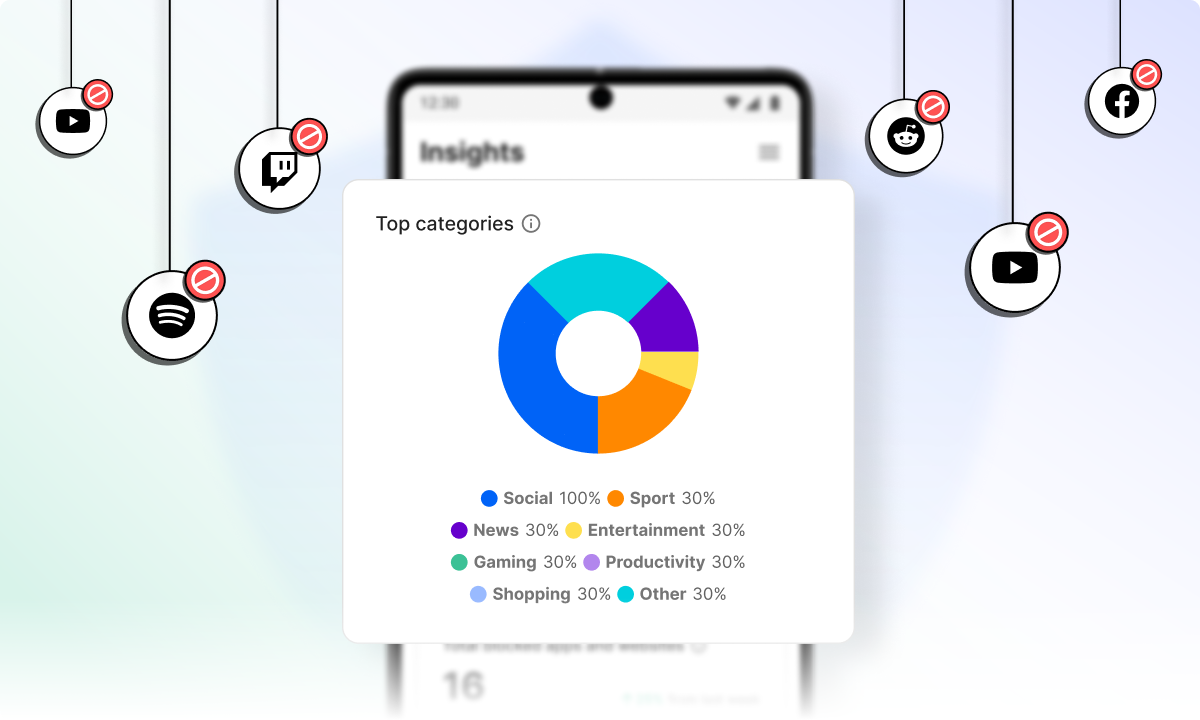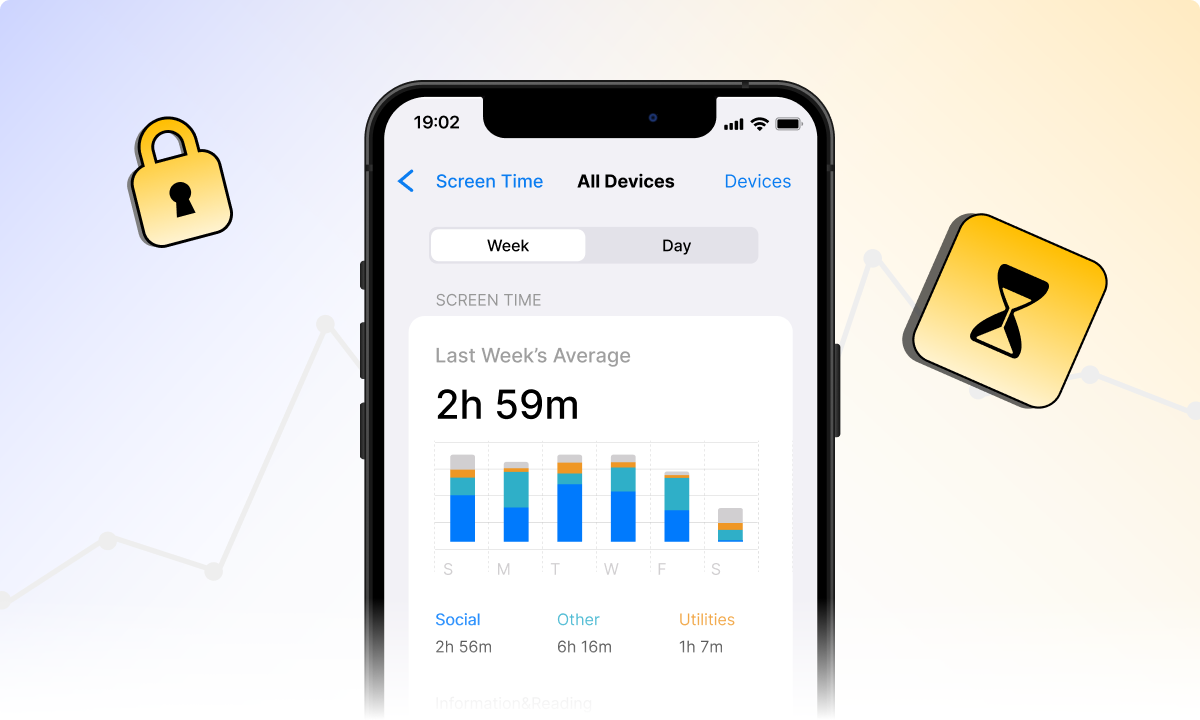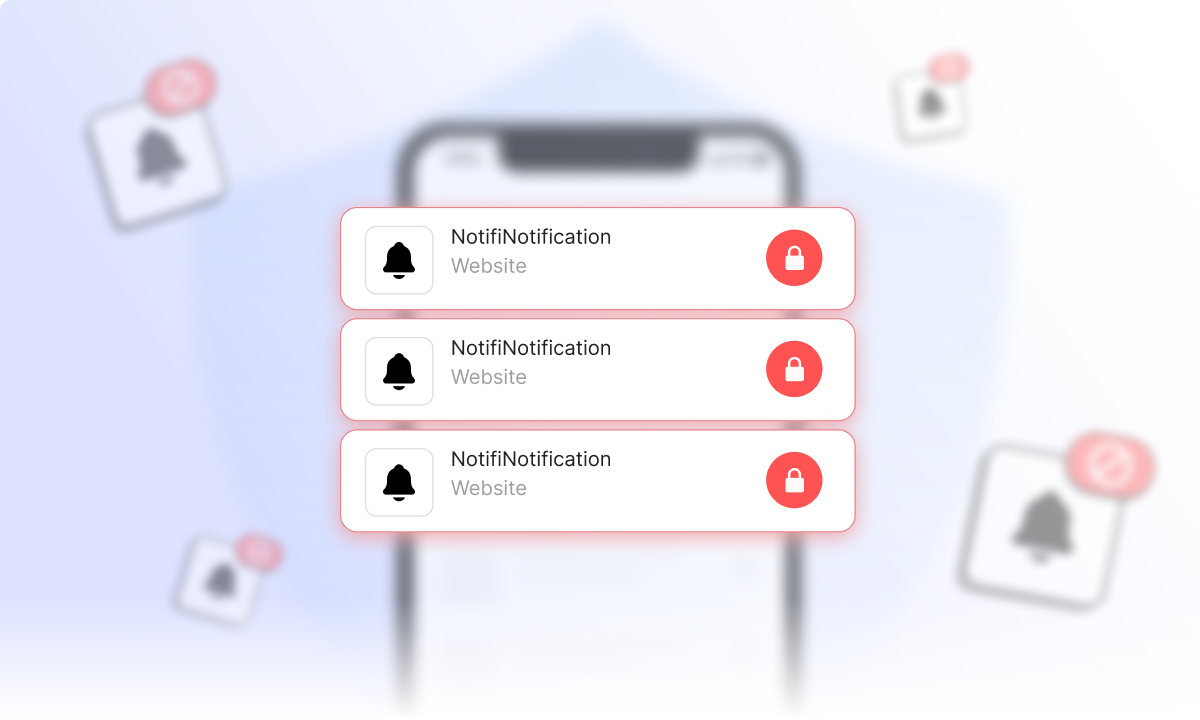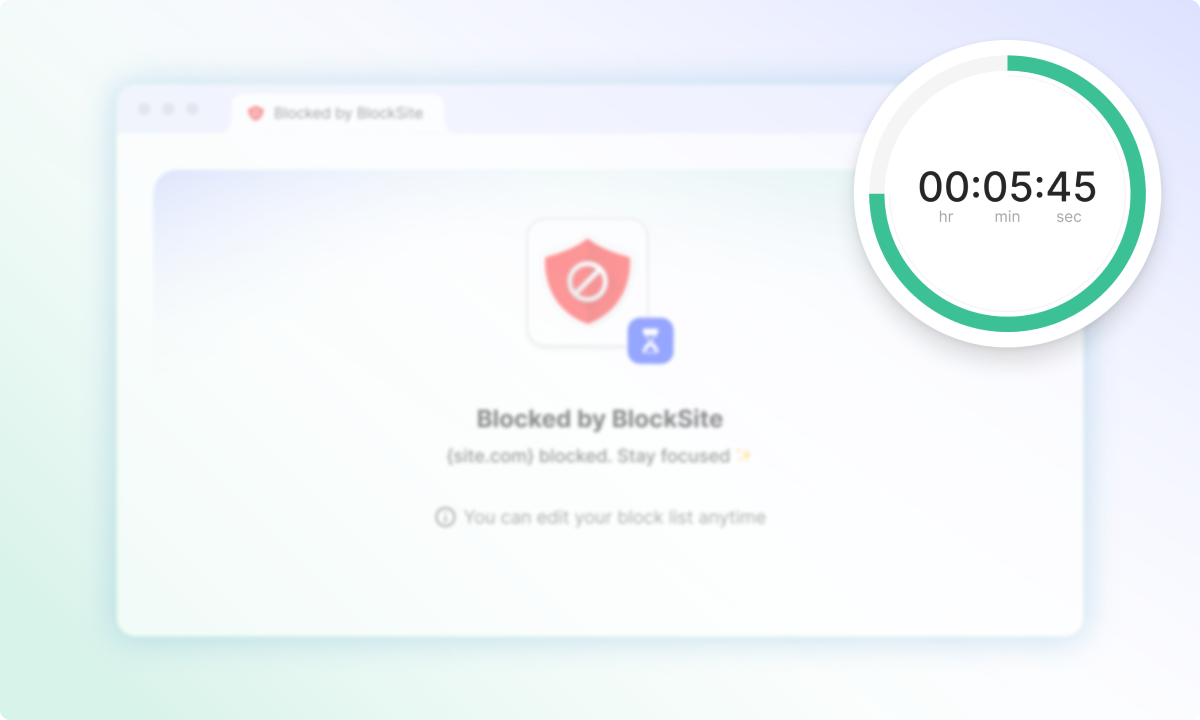Mobile devices have become part of the evening wind-down—scrolling, streaming, texting. But that glow? It could be messing with your sleep.
So, how long before bed should you ditch the screen?
Science has an answer.
Studies show that using screens in the hours leading up to sleep can throw your body’s natural rhythms off track. Blue light exposure delays melatonin production, which means it takes longer to fall asleep—and you might not stay asleep as long, either.
That’s why experts are sounding the alarm.
To give your body a fighting chance at quality rest, researchers recommend cutting off screens well before your head hits the pillow. But how long is enough?
We’re going to look at the science behind screens and sleep. You’ll get clear, practical guidance on:
- When to stop screen time before bed
- How to cut out screentime before bed without overhauling your life
- The sleep benefits of reducing screen time before bed
- And how much of a difference it can really make in your routine
How does screen time before bed affect sleep?
Between the light blasting from your device and the mental rabbit holes it leads you down, you’re basically training your brain to stay awake.
This is what really happens when you’re glued to your screen before bed:
Blue light: the silent sleep saboteur
Screens—phones, tablets, TVs, you name it—pump out blue light. That light messes with your melatonin production. And melatonin is the hormone your body relies on to know when it’s time to sleep.
Here’s the kicker: reduced melatonin makes it harder to fall asleep, and even harder to stay asleep. A study suggests powering down at least an hour before bed gives your brain the signal it needs to start producing melatonin properly.
Brain on overdrive: mental stimulation at the worst time
Scrolling through social, reading intense emails, gaming, watching your “one last” episode. All of it keeps your brain active and alert.
And that’s a problem.
Your mind should be easing into sleep mode. Instead, it’s working overtime. That stimulation makes the switch from wakefulness to sleep much slower, and often shallower.
The body clock gets thrown off course
Late-night screen time confuses your circadian rhythm—that internal clock that tells your body when to be alert and when to shut down. When it’s working properly, your circadian rhythm keeps your sleep cycles predictable and restorative.
But flood it with artificial light at night? That clock starts drifting.
Goodbye REM, hello groggy
Here’s what’s worse than falling asleep late—falling asleep late and skipping the most important part of your sleep cycle. Screens can interrupt your natural progression into REM sleep, which is important for brain function, memory consolidation, and emotional recovery.
The result? You wake up feeling like you’ve barely slept.
How to avoid screen time before bed?
Scrolling through feeds or firing off one last email might feel harmless, but it’s quietly wrecking your sleep. It leaves you wide-eyed when you should be drifting off.
So, what’s the fix?
Below are six tips that will help you cut screen time before bed—and actually stick to it:
1. Use BlockSite’s tools
Can’t resist checking your phone “one last time”? Then use tech to beat tech and let your devices help you cut back.
BlockSite lets you block access to specific apps or websites during certain hours via its Blocking Schedule feature. You can set it for specific days and hours, based on your preferences.
These tools are great for staying accountable—especially on nights when willpower alone doesn’t cut it.
Don’t want to get tempted to check your Facebook feeds? Set up BlockSite to auto-block social media apps (or even other sites and apps) between 9:30 p.m. and 7:00 a.m.
2. Set up a consistent wind-down routine
The first step? Build a routine your brain recognizes.
Instead of doomscrolling into the early hours, try stacking low-stimulation habits into a repeatable pattern. Think about:
- Reading a physical book
- Doing a five-minute meditation
- Putting on calm instrumental music
The point is to replace digital inputs with cues that say, “It’s time to slow down.” Over time, these signals condition your body to wind down—no screens required.
Tip: Create a 30-minute pre-bed routine with 2–3 offline activities. Stick with it for a week and see how your sleep responds.
3. Create a screen curfew—and enforce It
Scrolling until your eyelids drop? Time to set a hard stop.
Pick a specific cut-off time—say, 9:30 p.m.—and hold that line. Treat it like a digital last call. When your curfew hits, close your laptop, silence your phone, and power down.
Doing this consistently helps your brain associate that time with rest, not stimulation. And yes, it takes discipline but it works.
Try setting a phone reminder or use a smart plug to shut off your Wi-Fi router after hours.
4. Go screen-free in the bedroom
Banning devices from your bed can help you get better sleep.
Seriously—phones, tablets, and laptops have no business on your nightstand. Designate your bedroom as a screen-free zone. This makes it easier to stick to your curfew and harder to give in to that “just one more scroll” temptation.
Physical distance reinforces mental discipline. And removing that glowing rectangle from arm’s reach can be surprisingly powerful.
Better charge your phone in another room but make sure not to leave it overnight for safety. And if you need to wake up at a specific time, use an analog alarm clock instead.
5. Replace screens with relaxation habits
If you’re going to cut screen time, you need something to fill the gap.
Journaling, sketching, light stretching, or even putting together a jigsaw puzzle can ease your brain into a more restful state. These kinds of offline hobbies help distract you from your devices while promoting a calm transition into sleep.
And bonus—they’re actually enjoyable.
Try this: Swap 15 minutes of evening screen time for a relaxing non-digital activity. Stick with it for a few nights and track how you feel.
6. Set the stage for sleep
Your environment matters. A lot.
If your room is lit like a late-night diner, you’re not going to sleep well. Instead, set the tone: dim the lights, keep the temperature cool, and use blackout curtains to block out external light.
This low-stimulation environment supports your natural circadian rhythm—and makes it easier to stay off screens in the first place.
And why not upgrade your space?? Invest in soft lighting, silence notifications, and keep your space cool and quiet.
No screen time before bed can seriously level up your sleep quality
Cutting screen time before bed can have a real, noticeable effect on how well you sleep and how energized you feel the next day.
We’ve dug into the research, and the science backs it up. Reducing digital exposure before sleep helps your body wind down, reduces sleep disruptions, and gets your natural sleep cycle back on track.
This isn’t about going cold turkey. It’s about putting the rights habits in place that let your brain and body actually relax at the end of the day.
When you commit to ditching screens before bed, you’re increasing your brain function, sharpening your focus, and improving your emotional health.
The best part? These are small changes with big upside.
Start by using BlockSite to keep late-night distractions at bay and build a calming bedtime routine that actually sets you up for quality, restorative sleep.
Take one step tonight.
FAQs
How many hours of no screen time before bed should I aim for?
Aim for at least one hour of screen-free time before bed. That’s the expert-recommended window your brain needs to wind down and get ready for sleep. It gives your body a chance to change gears—away from the electronic noise and into rest mode. Make this part of your nightly routine, and you’ll likely notice more consistent sleep and deeper rest.
What are the benefits of reducing screen time before bed?
Less screen time before bed leads to better sleep. Here’s why: it cuts back your exposure to blue light, which is notorious for blocking melatonin—the hormone that tells your body it’s time to sleep. It also limits mental stimulation, so you’re not scrolling through a dopamine loop when you should be drifting off.
How does screen time affect my circadian rhythm?
Your body’s internal clock—your circadian rhythm—doesn’t like bright screens late at night. Blue light from phones, tablets, and TVs suppresses melatonin and can throw off your sleep-wake cycle. That means falling asleep later, waking up groggy, and not getting the deep sleep your body needs. Dimming the screens before bed helps your natural rhythm stay on track.
How do I know if my screen time is affecting my sleep quality?
Start paying attention. Are you tossing and turning? Taking forever to fall asleep? Waking up feeling like you didn’t sleep at all? If those issues line up with your late-night screen use, that’s your answer. Try logging your habits in a sleep diary—bedtime, device use, how rested you feel in the morning. Patterns will start to show up, and you’ll know what to tweak.
Can using blue light filters reduce the effects of screen time on sleep?
Blue light filters can help, but they’re not a magic fix. Sure, they reduce the amount of melatonin-blocking light hitting your eyes—but they don’t eliminate the mental stimulation from your phone, TV, or laptop. The best way is to combine filters with a full digital wind-down routine. Read a book, stretch, journal—do something that signals to your brain: it’s time to sleep.






